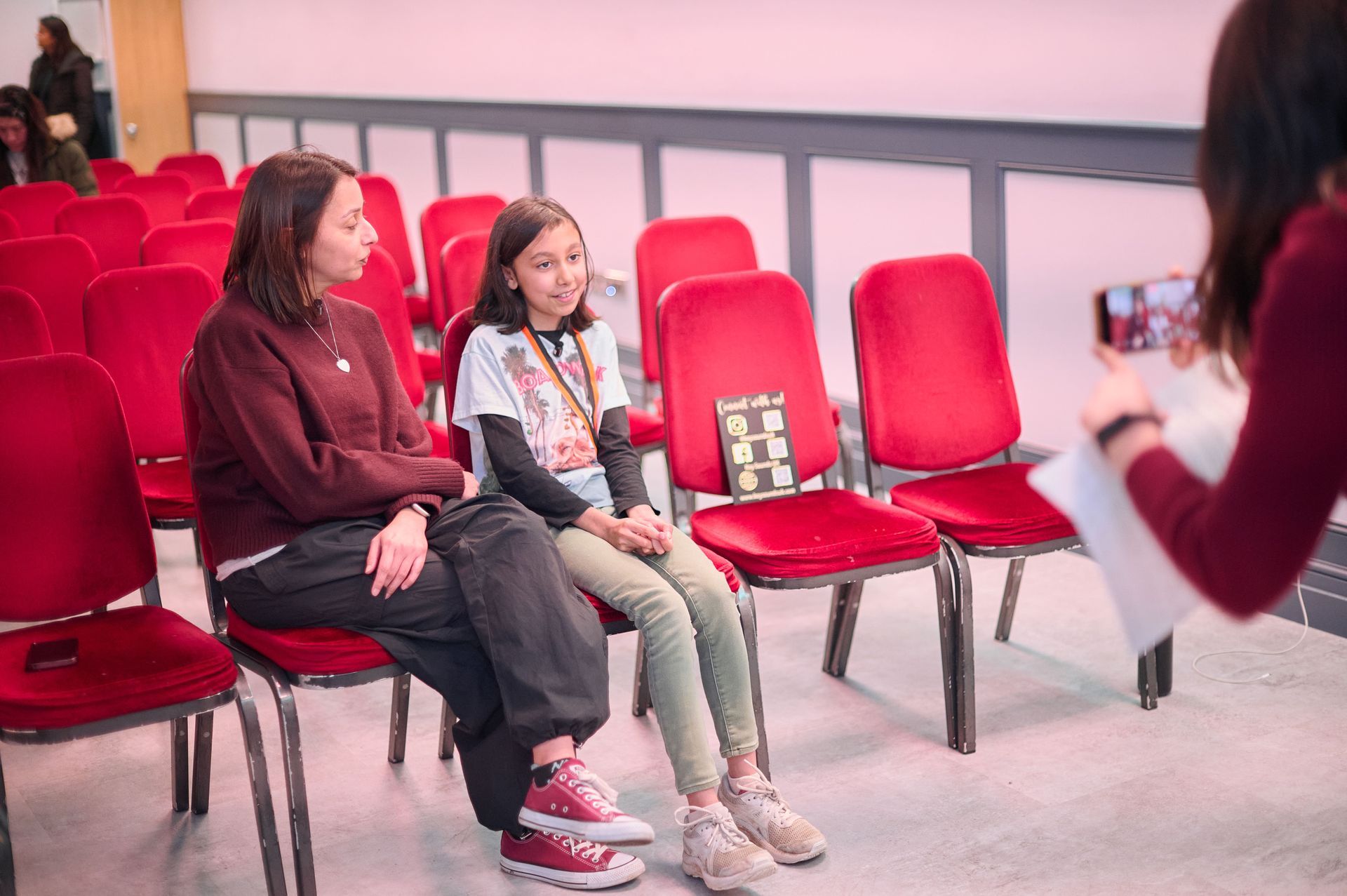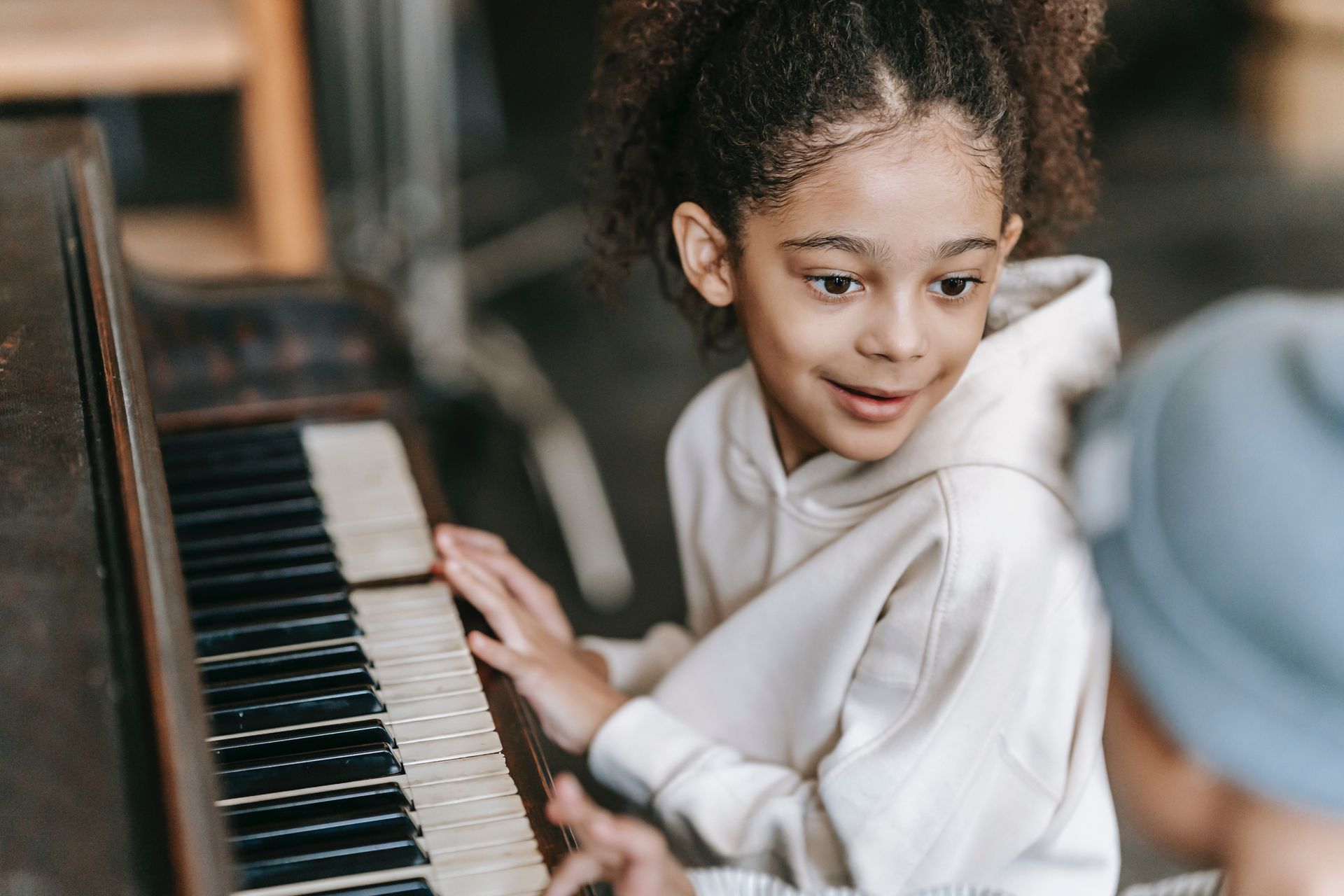Choosing the Right Piano Teacher 5 Essential Tips for Parents
Are you on the lookout for the perfect piano teacher for your budding musician? Finding the right instructor can significantly impact your child's musical journey. Here are five actionable tips to consider when searching for a local piano teacher:
1. Qualifications and Experience Matter: Begin your search by exploring the qualifications and experience of potential piano teachers. Look for instructors with relevant music degrees, certifications, or a proven track record of successful teaching. Consider the teacher's expertise in working with children and their ability to nurture a love for music while providing structured lessons.
2. Read Reviews and Seek Recommendations: Word of mouth is a powerful tool when it comes to finding the ideal piano teacher. Read reviews from other parents and students to gain insights into the teaching style, communication skills, and overall satisfaction with the instructor. Seek recommendations from friends, neighbours, or local music organizations to find teachers who have left a positive impact on their students.
3. Assess Lesson Formats and Flexibility: Consider the lesson formats offered by potential piano teachers. Some instructors may provide in-person lessons, while others might offer online sessions. Assess which format aligns best with your child's preferences and your family's schedule. Additionally, look for teachers who offer flexible scheduling options to accommodate your child's extracurricular activities and ensure a stress-free learning experience.
4. Attend a Trial Lesson or Open House: Before making a commitment, attend a trial lesson or open house offered by the piano teacher or music school. This firsthand experience will give you a sense of the teacher's teaching style, the learning environment, and how well your child responds to the instruction. Pay attention to the teacher's ability to engage and inspire your child, fostering a positive and supportive atmosphere for learning.
5. Clarify Communication and Expectations: Effective communication is key to a successful teacher-student-parent relationship. Clarify the expectations for your child's progress, practice routines, and any additional requirements. Discuss how the teacher communicates progress updates and handles any concerns or questions you may have. Establishing clear lines of communication from the outset ensures a collaborative and constructive learning environment for your child.
In conclusion, finding the right piano teacher involves a thoughtful consideration of qualifications, recommendations, lesson formats, and communication styles. By following these five tips, you can make an informed decision that sets the stage for a rewarding and enjoyable musical journey for your child. Feel free to take a look around our website or connect with us directly!



